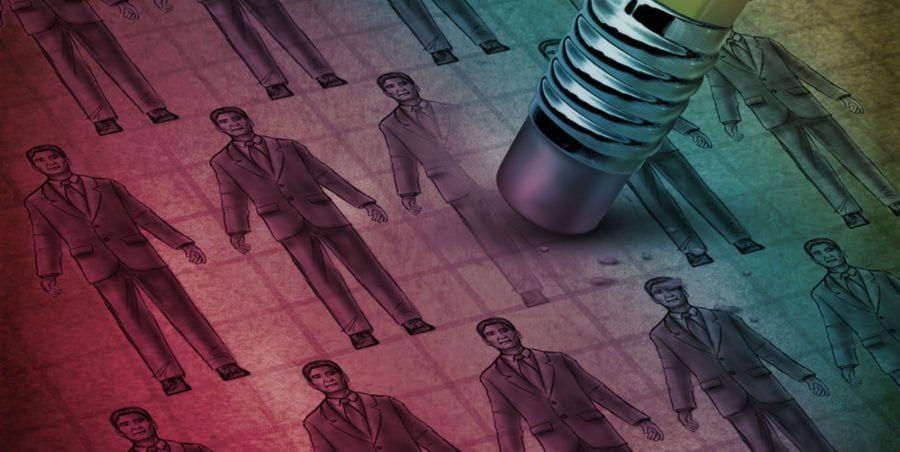Written by Alvin Chen and Stella Chen (Law Society of Singapore)
Editor’s Note: This article was first published in the August 2018 issue of the Singapore Law Gazette, the official publication of the Law Society of Singapore. Reproduced with permission.
In December 2017, DeepMind, a leading AI company, sent ripples through the AI world when it announced that it had developed a computer program (known as “AlphaGoZero” or “AlphaZero”) which learned the rules of three games – chess, Shogi and Go – from scratch and defeated a world-champion computer program in each game within 24 hours of self-learning.1 What was remarkable about DeepMind’s achievement was the program’s “tabula rasa” or clean slate approach which did not refer to any games played by human players or other “domain knowledge”.2 Yet, DeepMind’s program was able to develop an unconventional and some say, uncanny,3 methodology in surpassing current computer understanding of how to play the three games.
Referring to an earlier version of DeepMind’s program (“AlphaGo”) which defeated the (human) world champion in Go in 2016, the legal futurist Richard Susskind considers such innovative technologies to be “disruptive”. In his international bestseller Tomorrow’s Lawyers: An Introduction to Your Future (“Tomorrow’s Lawyers“), Susskind defined “disruptive” as something that would “fundamentally challenge and change conventional habits”.4

